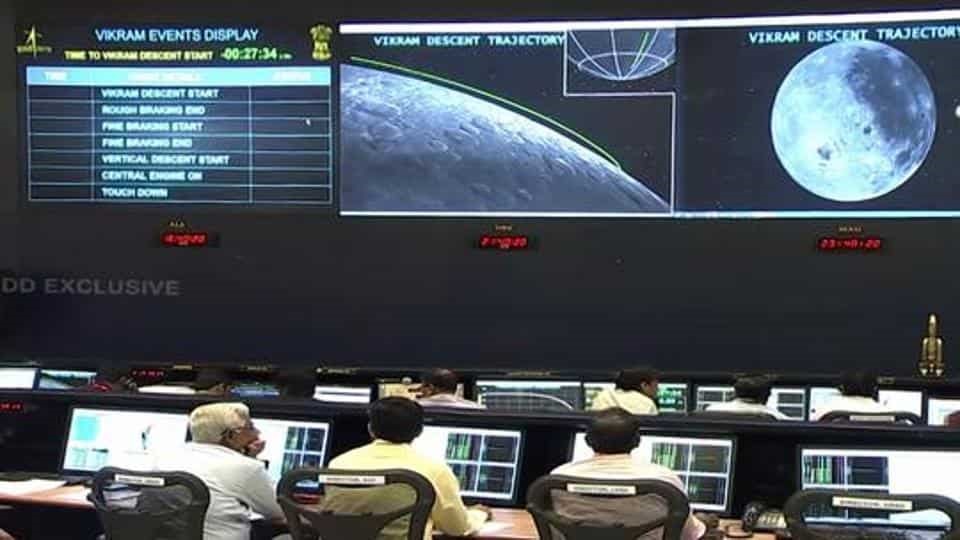The Indian Space Research Organization (ISRO) has revealed the draft for the new Spacecom Policy 2020 for regulation of the commercial utilization of orbital slots, satellites, and ground stations for communication requirements. This comes as a move to following the mandate protocol of letting in the private companies in the space sector.
The last date for submission of the draft has been given for November 4, and the policy will be implemented after the Union Cabinet approves it.
The entry of private companies into the space communication sector will widen the horizon for India in terns of the increasing need for satellite-based broadcasting, network connectivity and global mobile personal communication. The document iterated this movie will give India a significant position in global space communication sector.
The policy will give exclusive allowance to Indian entities for authorisation of orbital slots for the new satellites, services adhering to the existing based satellites and for establishing new ground stations. Though, the allowance comes with a protocol of providing a financial guarantee or insurance cover during the authorization approval from the department of space and subsequently from Indian National Space Promotion and Authorization Centre. This is a preventive measure in case any damages are invoked to any objects in space and environment.
The private companies can get the orbital slots from the department of space PSUs at a charge. But, due to the time-stipulation for the launch of satellite into the designated orbit, there will be a timeline given to the private companies for satellite operations.
Alongside, the existing ISRO operated satellites, like INSAT and GSAT, will be given to the PSUs, as New Space India Limited at notional cost which can put into commercial aspects.
Regarding the development, Rajeswari Rajagopalan, leading the Nuclear and Space Policy at the Observer Research Foundation stated, “Although I haven’t gone through the policy yet, it is a step in the right direction. However, what we really need is a comprehensive space policy that will map out how will the government’s announcement of opening up the space sector be actually executed, and the policy and regulatory framework that would be needed. Such a policy will also map out the scientific missions that will be undertaken by ISRO, while leaving the routine missions to the private sector. It should clearly detail the needs of India’s space sector and allow for a fair competition for the private space sector to deliver.”


